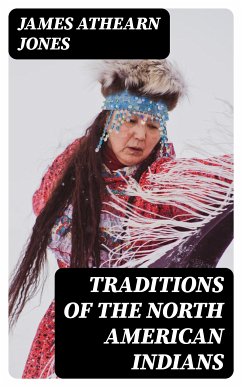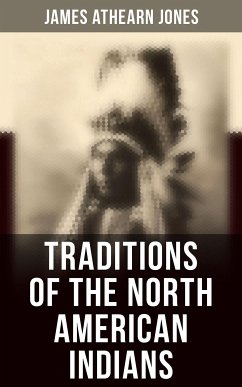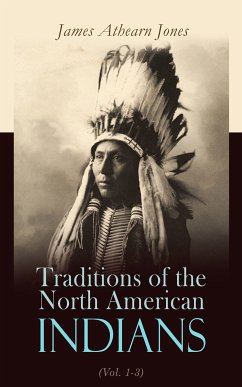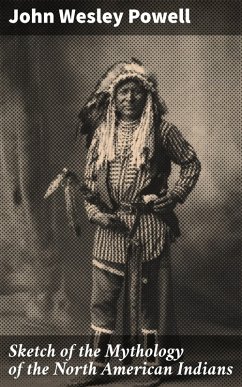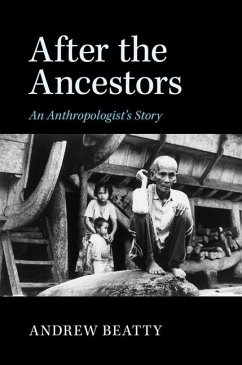
Omaha Dwellings, Furniture and Implements (eBook, ePUB)

PAYBACK Punkte
0 °P sammeln!
In "Omaha Dwellings, Furniture and Implements", James Owen Dorsey provides an intricate ethnographic study of the Omaha people, illuminating their domestic architecture, cultural artifacts, and daily practices in the late 19th century. Through meticulous observations and rich descriptions, Dorsey employs a blend of analytical and narrative styles, effectively capturing the interplay between the Omaha's environment and their lifestyle. This work is not only a valuable contribution to Native American studies but also serves as a critical historical document that reflects the broader social and c...
In "Omaha Dwellings, Furniture and Implements", James Owen Dorsey provides an intricate ethnographic study of the Omaha people, illuminating their domestic architecture, cultural artifacts, and daily practices in the late 19th century. Through meticulous observations and rich descriptions, Dorsey employs a blend of analytical and narrative styles, effectively capturing the interplay between the Omaha's environment and their lifestyle. This work is not only a valuable contribution to Native American studies but also serves as a critical historical document that reflects the broader social and cultural dynamics of Indigenous peoples during a time of significant change in America. James Owen Dorsey, a notable figure in the fields of anthropology and linguistics, dedicated much of his career to studying Native American cultures. His interactions with the Omaha tribe were profoundly influenced by his background as a fieldworker and his commitment to documenting Indigenous languages and traditions. Dorsey's comprehensive approach was rooted in a desire to preserve the rich heritage of the Omaha, ensuring their stories and customs would survive in the face of encroaching modernization. This book is highly recommended for scholars and enthusiasts of anthropology, history, and Native American studies. Dorsey's work offers an essential exploration of Omaha culture, making it an indispensable resource for understanding the complexities of Indigenous life and the significance of cultural preservation.
Dieser Download kann aus rechtlichen Gründen nur mit Rechnungsadresse in A, B, BG, CY, CZ, D, DK, EW, FIN, F, GR, H, IRL, I, LT, L, LR, M, NL, PL, P, R, S, SLO, SK ausgeliefert werden.





